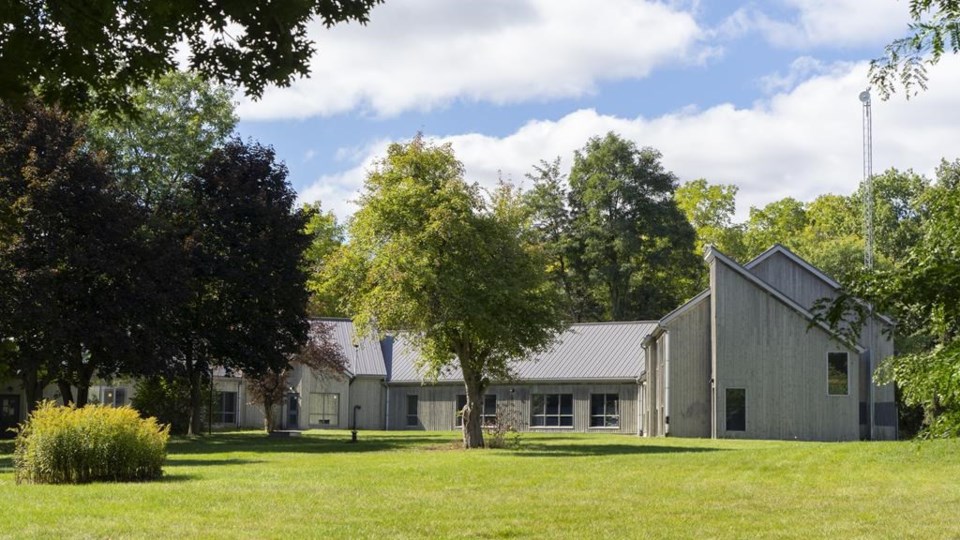The Ontario government can't endorse some changes proposed at an inquest into the death of an Indigenous teen who went missing from a group home because they involve funding or changes to legislation, a lawyer for the province told the proceeding Thursday.
The government is not opposed to "the spirit" of proposed recommendations directed at the province, but decisions about spending or legislative changes are complex, made by cabinet and ultimately approved by legislature, the lawyer for the Ministry of Children, Community and Social Services said.
"To expect the ministry to simply endorse those recommendations misconceives some very basic principles of democracy," Mimi Singh said in closing arguments at the inquest.
The inquest has been examining the death of Devon Freeman, who was 16 when he was reported missing from the Lynwood Charlton Centre group home in the Flamborough area of Hamilton in the fall of 2017. He was found dead in April of 2018 and an autopsy determined he died by hanging.
Jurors at the inquest, which began more than three weeks ago, have heard extensive evidence regarding systemic issues that played a role in the teen's life, including public policy and legal issues related to Indigenous children and youth in the child-welfare system.
Justin Safayeni, a lawyer representing Freeman's grandmother, introduced 73 proposed recommendations on Wednesday that are aimed at preventing similar deaths and improving services for youth with complex mental health needs.
Those recommendations were put forward in two sets – the first involved 58 recommendations not opposed by any party involved in the inquest, while the second contained 16 proposals directed at the Ministry of Children, Community and Social Services.
That second set includes proposals for funding for youth services, such as the establishment an Indigenous youth crisis line and counselling call centre.
Another recommendation envisions a right for First Nations children receiving services under the Child, Youth and Family Services Act to be able to visit their home communities.
That recommendation was emphasized by multiple parties as important to preventing deaths similar to Freeman's. The teen's lack of connection to his community and longing for cultural connection have been recurring themes at the inquest.
Singh, the ministry's lawyer, said the second set of recommendations aimed at the province require further study and consultation.
She urged the inquest's jury to consider whether a given recommendation is outside the scope of the inquest and if it might take away funding from another program if implemented, or raise human rights or constitutional questions.
"We've heard firsthand, through this inquest, the damage that can be done in the absence of a full record and a lack of information," said Singh.
The ministry does, however, welcome recommendations that allow it to consider the need for policy reform and legislative change, such as those in the first set of proposals, Singh said.
Sarah Clarke, counsel for the Chippewas of Georgina Island where Freeman was from, has said the First Nation is "disheartened" and "angry" that the ministry is not supporting the second slate of proposed recommendations.
The inquest's jury, which will not be making a finding of blame, is now deliberating and may choose to make recommendations aimed at preventing future deaths from occurring in similar circumstances.
Inquest counsel Brett Moodie told jurors they are not obligated to accept all or any of the proposed recommendations. He also said that just because a recommendation is opposed, does not mean it requires less consideration.
Jennifer Scott, the officer presiding over the inquest, told jurors they would be working in the interest of Freeman and others like him.
"The person who could give us the most insight into what happened and how his death might have been prevented is unable to help us," said presiding officer Jennifer Scott.
"In making recommendations, you are speaking for Devon and all Indigenous children in case."
This report by The Canadian Press was first published Oct. 20, 2022.
—�Ĕ�Ĕ
This story was produced with the financial assistance of the Meta and Canadian Press ߣ������ Fellowship.
Tyler Griffin, The Canadian Press


